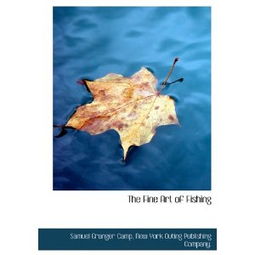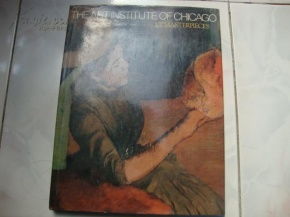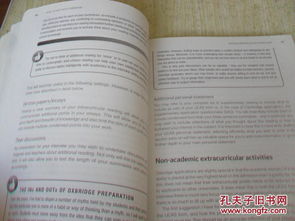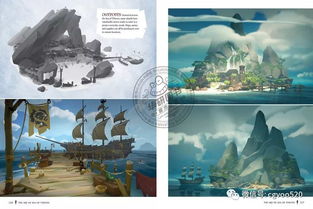Content:
Fishing in the wild can be an exhilarating experience, offering a chance to connect with nature and enjoy the tranquility of the outdoors. However, to make the most of your fishing adventure, it's essential to have a few tricks up your sleeve. In this article, we will discuss some valuable tips and techniques to help you catch more fish in the wild.
Choose the Right Location
The first step to successful fishing in the wild is to find the perfect spot. Look for areas with a good supply of food and cover, such as rocks, logs, and vegetation. These areas attract fish, making them more likely to bite. Additionally, consider the time of day and season when choosing your location. Fish are more active during certain times, so plan your trip accordingly.
Familiarize Yourself with the Local Fish Species
Understanding the habits and preferences of local fish species is crucial for successful fishing. Different fish species have varying feeding patterns, preferences, and habitats. Research the types of fish you're likely to encounter in your chosen location and tailor your approach accordingly. For example, some fish may be more attracted to live bait, while others prefer artificial lures.
Use the Right Gear
Having the right equipment can make a significant difference in your fishing success. Here are some essential gear items to consider:
- Rod and reel: Choose a rod and reel that match the type of fish you're targeting. A lightweight rod and reel are ideal for smaller fish, while a heavier setup may be necessary for larger species.
- Line: Use the appropriate line strength for the fish you're targeting. Thicker lines are more visible to fish, so consider using a lighter line for more delicate presentations.
- Hooks: Select hooks that match the size and type of bait you're using. Larger hooks are suitable for bigger fish, while smaller hooks are better for smaller species.
- Bait or lures: Choose bait or lures that mimic the natural prey of the fish you're targeting. Live bait, artificial lures, and even homemade bait can be effective.
Master the Art of Casting
Casting is a fundamental skill that can greatly impact your fishing success. Practice your casting technique to ensure you can accurately place your bait or lure in the desired location. Here are some tips to improve your casting:

- Hold the rod with a comfortable grip and maintain a consistent casting motion.
- Use a smooth, fluid motion to cast your line, avoiding abrupt movements.
- Adjust your casting distance and direction based on the fish's location and the terrain.
Be Patient and Observant
Fishing in the wild requires patience and attention to detail. Fish may not bite immediately, so be prepared to wait. Pay close attention to the water's surface, as fish often exhibit subtle signs of activity, such as surface disturbances or ripples. Additionally, be aware of changes in the weather, water temperature, and other environmental factors that can affect fish behavior.
Adapt Your Approach
Fish can be unpredictable, so be prepared to adapt your approach as needed. If you're not having success with one technique, try changing your bait, lure, or presentation. Experiment with different depths, speeds, and angles until you find what works best for the fish you're targeting.
Respect the Environment
Fishing in the wild is not just about catching fish; it's also about respecting and preserving the environment. Follow these guidelines to minimize your impact:
- Use biodegradable bait and lures to reduce pollution.
- Avoid disturbing the natural habitat of fish and other wildlife.
- Practice catch-and-release when appropriate to ensure the sustainability of fish populations.
- Dispose of trash properly and leave no trace of your presence.
In conclusion, fishing in the wild can be a rewarding experience with the right approach. By choosing the right location, understanding the local fish species, using the appropriate gear, and mastering the art of casting, you'll be well on your way to catching more fish. Remember to be patient, observant, and adaptable, and always respect the environment. Happy fishing!












